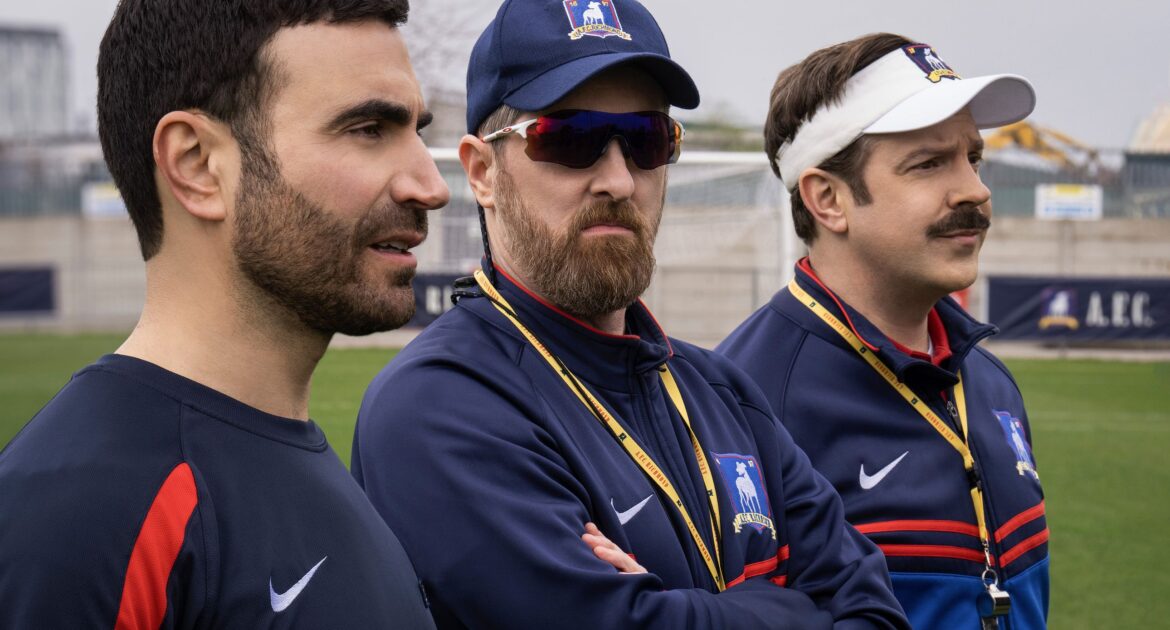Does Ted Lasso Have Insights Into Leadership for Tomorrow?

Welcome to our conversation about leadership—we want to help those who desire to become impactful leaders that make a difference in others’ lives. This week, we consider the leadership style of a fictional coach—Ted Lasso.
#leadership #team #PeakPerformance #CoreIdentity #teamdevelopment #ShiftFromMeToTeam #purpose
Why is the Apple TV+ series Ted Lasso so popular? Why do so many of our clients ask us if we watch it? I had not watched Ted Lasso until, for the second time, a client asked if I had seen the show. He shared, “So much of what you teach us Ted Lasso does.” I was intrigued, and promised to check it out. It seems the show’s creators have tapped into what so many of us want in leadership, and at the least our work interactions. While many in the world of the show initially see the hiring on an American football coach to lead an English soccer team as a stunt or a joke, Ted disarms many critics by being open about what he does not know and clear about his willingness to do the work to learn. He treats everyone he encounters with kindness and respect, even if they do not respond in kind. His authentic caring about others shines through.
The Season 2 finale has more than one example of the impact of Ted’s leadership style. In a press conference, he is forthright about the anxiety he experiences—a struggle shared by many leaders we have coached. Later in the episode, when his team is doing badly in an important match, Ted and the coaching staff discuss strategy for the second half. Rather than keep the debate among the coaches, he takes the advice of coach Roy Kent, who says, “You should ask them. They’re the ones out there actually doing it.” Ted opens the discussion to his team, who agree they should stay the course with the original strategy. The trust he has built with the players, individually and as a team, throughout the season is evident. It’s also clear that Ted’s leadership, which emphasizes caring and a growth mindset, has had a positive effect on how team members relate to each other. The team goes on to win the match and with it, the right to return to the top tier of the English football system. But they know that even if they had lost, Ted would have their backs.
In the final chapter of our book coming out next month, The Shift from Me to Team, we assert that the leader of the future must possess these four attributes:
- curiosity, with a desire to learn, grow, and understand
- a passion to serve others and contribute to their benefit
- authenticity (building trust with all actions)
- deep caring and respect for those we coach, lead, and mentor
The underlying common ingredient in each of these attributes is humility. Ted Lasso exemplifies each attribute, and he does so with compelling humility.
This is not the first time that movie or television series creators have tapped into what humans are wired to respond to; we like to see this illumination of important principles.
John Anderson shares a review on the show in “’Ted Lasso’ Season 3 Review; Another Win for Coach” in The Wall Street Journal.
Photo courtesy of Apple TV+






